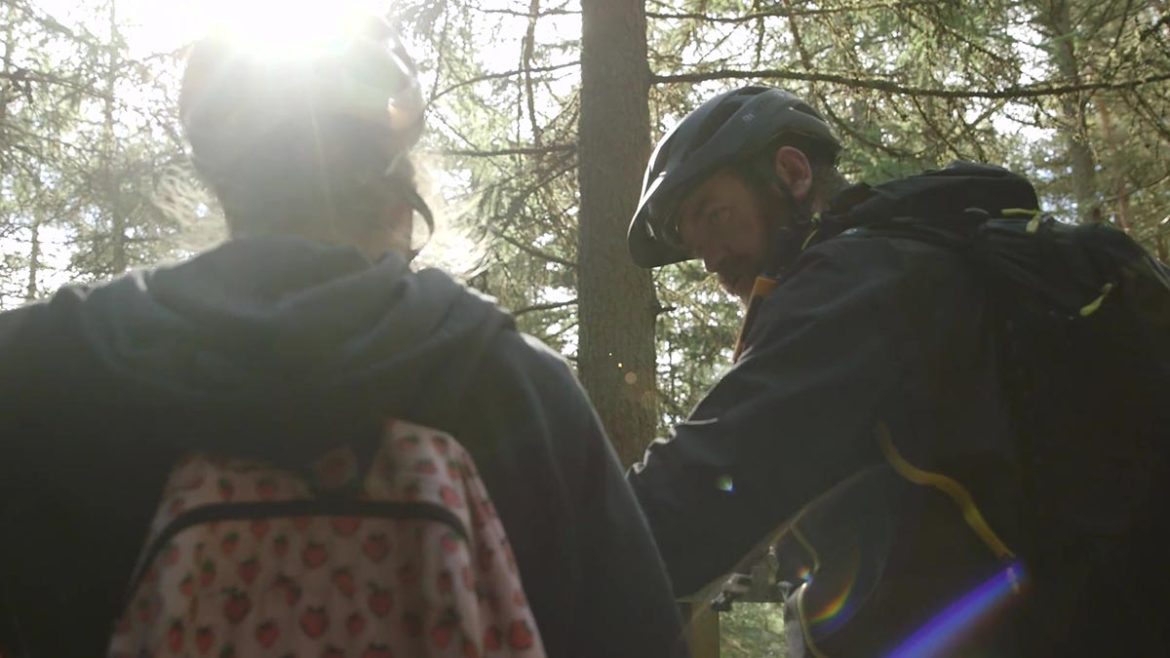
Numerous studies have demonstrated the combined mental health benefits of being in nature coupled with the rush of physical activity, and a recent inquiry in Scotland is focused on creating a way to further spread those good vibes. A team of Scottish researchers and ride leaders have joined forces to work with clients from a local mental health clinic, where part of the therapy practice involves riding mountain bikes in the fresh, open air.
Occupational therapist Niamh Allum, psychologist Tony Westbury, and Scottish Cycling’s project manager Graeme McClean are the three professionals driving this project forward. I recently spoke with each of them to learn more about their work, and where they hope to take it.

At its core, the project’s aim is to share the joys and obtainable challenges of mountain biking with folks who have an existing mental health diagnosis and to assess its effect on people’s overall mental health, both on the trail and in their everyday lives after the ride. From there, the researchers hope to create an evidence-based program that can be practiced in other regions of England, and eventually other parts of the world.
Who participated in the pilot?

The research team shared the new mountain bike therapy opportunity with patients who were working with a therapist at the local clinic. People chose to enter the study voluntarily and worked with mental health professionals to create a plan for what they wanted to gain from the new experiences. Part of this pre-ride planning was a list of goals and achievements that patients wanted to focus on, related to their unique mental health diagnoses. These goals shifted and were re-examined throughout the process, serving as a tool of guidance and intention throughout the study.
Participants came to the trail with a variety of mental health challenges to work through, from depression and anxiety to borderline personality disorder. The group’s diverse needs and experiences made it imperative that a handful of mental health experts joined the rides, and assisted patients throughout. Study co-founder, Niamh Allum, joined mental health colleagues and professional ride leaders in the hills for each outing.
Theories and practices: Why mountain biking?

The aforementioned goal-setting exercises were coupled with some social and psychological tool building discussions between clients and therapists to help connect the challenges that would occur on the trail with the mental health obstacles that the clients were working to overcome. Much of this clinical preparation comes from a therapy style called Dialectical Behavior Therapy (DBT). DBT was created by American psychologist Marsha M. Linehan, who herself was diagnosed with multiple personality disorder. Similar Green Exercise or outdoor versions of the therapy have been employed by groups like Outward Bound since 1941, and now we have language and practices to better define their foundations.
They use DBT to help clients manage painful emotions and decrease conflict in relationships.
The research team agreed that mountain biking pairs well with DBT because the sport requires focus, and resilience, and provides consistent challenges to overcome, in the form of hills, stones, inclement weather, mechanical issues, and decisions between ride partners.
In short form, the four main elements of Dialectical Behavior Therapy are Mindfulness, distress tolerance, emotional regulation, and interpersonal effectiveness. Mountain biking requires focus and mindful awareness of balance and cadence combined. The sport allows us to experience distress tolerance by presenting challenges — “I hate this hill” — and understanding that those challenges will eventually pass. Emotional regulation comes up for folks whose emotional states are less stable than others, and on the bike, they can work on controlling their more extreme feelings about what is happening around them.
Tied directly to emotional regulation, interpersonal effectiveness refers to our ability to assert our needs and desires in a kind way while interacting with other people. If you have ever been lost on a ride you likely understand how difficult it can be to communicate effectively with the people around you. Stress and fear can affect the way anyone communicates and learning to better conduct yourself in these situations while on the bike will help you do so in the rest of life.
Analysis

With the first six week series concluded, researchers are now able to talk with participants and ride leaders to assess how well the experiences fit with the stated goals, and what could be improved or changed about the therapeutic model. Through both qualitative and quantitative analysis, the study’s mental health professionals will look at how challenges that clients experienced on the trail will benefit their lives moving forward. Their findings will be published in academic journals to help inform future studies of a similar sort.
Though the results have yet to be fully evaluated, one element of the study has been flagged for change in the coming iterations. Not all of the participants were athletes, and with the assistance of e-bikes their psychological and physical ailments didn’t stop them from being part of the experience. Some of the staff also used e-bikes to be able to quickly jump around between groups without wearing themselves out. Researchers would like to offer clients the option of e-bikes in future studies, to open up the project to a wider spectrum of participants.
Checks and balances

The program’s lead psychologist, Tony Westbury, from Edinburg’s Napier University, spent over seven months garnering approval for the study. The Scottish National Health Service carefully reviewed every word of the project’s proposal and talked through each broader element of the study to ensure that patients would be treated properly, and to minimize the risk of harm to patients throughout the process. The researchers had to prove that they had created an effective therapy model that could help patients, that everyone involved was properly trained to do their assigned jobs, and they managed to check all of the boxes for approval.
A future for trail-based therapy
Moving forward, Allum, Westbury, and McClean plan to refine their research project so that groups of researchers across England can use it to work with willing patients. The barriers before them are what you might expect. To make it happen, they will need funding for the project, and for the bikes and associated maintenance. Funds for the pilot were a collection from various sources, but in order to expand, they will need a larger investment.
In addition to the opportunity for patients to gain life skills and tools to support their mental health through the program, the researchers hope to create a way for patients to buy their own bikes if they want to. This seems like a fantastic opportunity for any one of the bike industry’s leading companies to step up and put some money where the need is.



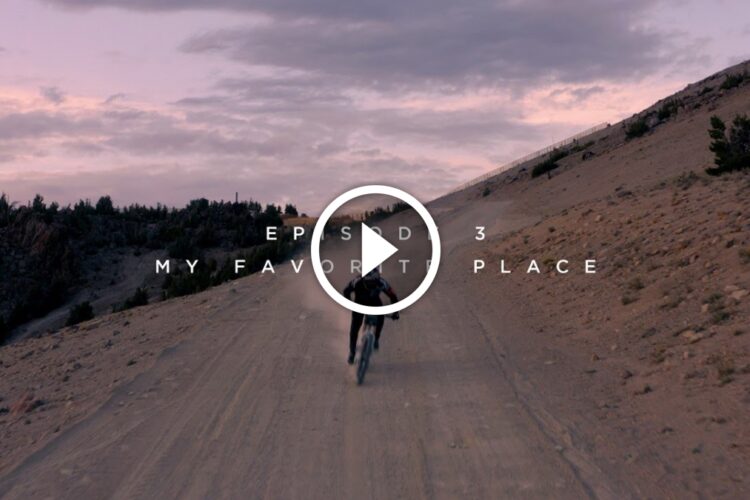


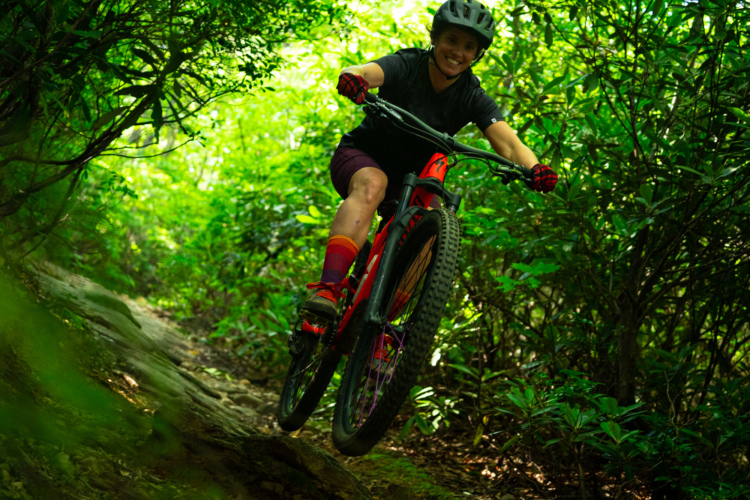

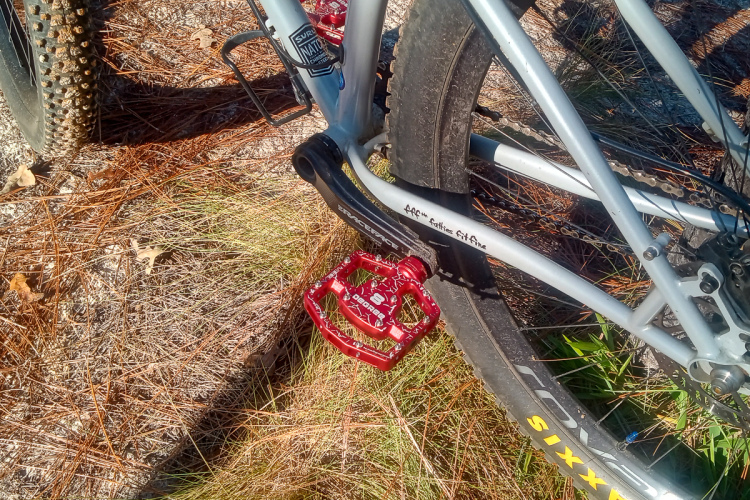

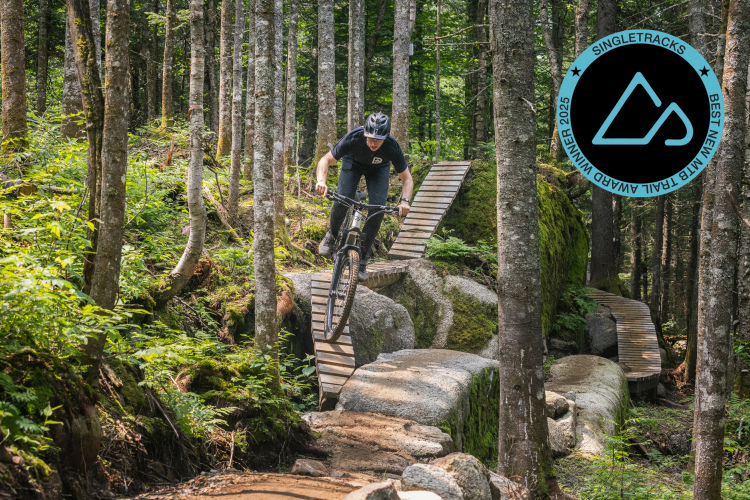

5 Comments
May 9, 2019
Up to this point I had no problems with depression, or any other psychological issues. What occurred after was a complete nightmare. I had severe depression, and I was diagnosed as being bipolar. I had to begin taking medication to deal with the behavior associated with being bipolar.
The reason I wrote this to you is I believe that being physically active all those year kept the symptoms of being bipolar at bay. I've worked with people that had depression issues, but once I got them on an exercise routine their symptoms diminished. Keep doing what you are doing. It does help. Through therapy and time I've been able to deal with the loss of cycling, buy I won't deny that it still hurts sometime. Good luck. Cheers, Aaron.
May 16, 2019
May 20, 2019
Good article .
I am going to send the link to mental health .
This is in Canada
May 11, 2019
May 27, 2019